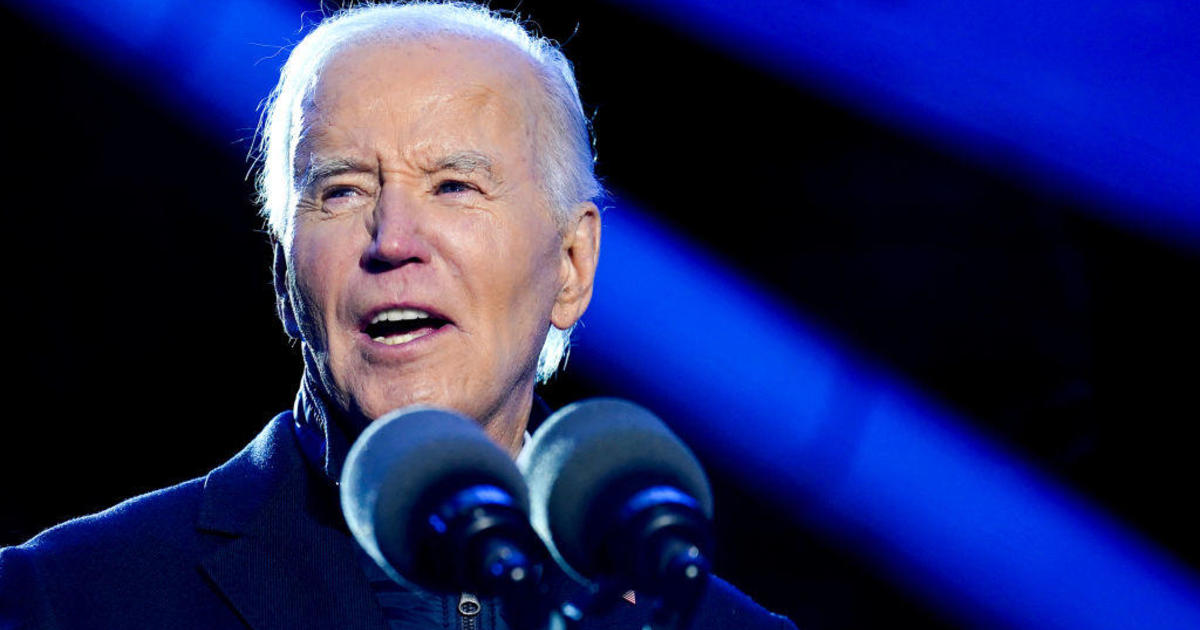President Joe Biden is reportedly considering issuing blanket preemptive pardons for high-profile critics of former President Donald Trump in both parties to protect them from potential “retribution” or legal prosecution by the incoming administration. According to sources familiar with the discussions, President Biden has been debating the possibility of preemptive pardons with senior White House aides, although no specific names have been formally recommended to him. The idea of preemptive pardons and the individuals who could benefit from them have been the subject of intense discussions among administration officials expected to assist President Biden in making final decisions, including White House Chief of Staff Jeffrey Zients and White House Counsel Ed Siskel.
Among those who may be eligible for preemptive legal relief are prominent figures who were central to some of the most contentious moments during the first Trump administration, many of whom continue to be targets of his public criticism. This list includes Dr. Anthony Fauci, who played a key role in coordinating the nation’s response to COVID-19 and later served as President Biden’s chief science adviser. It also includes retired Gen. Mark A. Milley, former chairman of the Joint Chiefs of Staff, who has publicly referred to Trump as a “fascist” and provided information for several books and news reports detailing the former president’s actions and behavior surrounding the January 6, 2021 insurrection at the U.S. Capitol. Additionally, California Democratic Senator-elect Adam Schiff and other Democratic and Republican lawmakers who led impeachment proceedings against Trump or were part of the House committee that investigated the January 6 attack are also being considered for preemptive pardons. This group includes former Wyoming Republican congresswoman Liz Cheney, who actively campaigned against Trump in the recent election.
Both Fauci and Cheney were not immediately available for comment, while Milley declined to provide a statement. In a late November interview with NPR, Schiff expressed his skepticism about the idea of preemptive pardons, stating that he believed the courts could withstand any threats made by Trump. Schiff cautioned against the implementation of preemptive pardons, describing the idea as “implausible” and unnecessary.
Reports of President Biden’s potential consideration of preemptive pardons first surfaced in a Politico article published earlier this week. While the White House initially refrained from commenting on the matter, confirmation that the idea is being deliberated comes shortly after President Biden issued a sweeping pardon for his son, Hunter Biden, shielding him from potential criminal liability over an 11-year period. This pardon, the first of its kind granted by any American president to one of their children, was announced following Trump’s intentions to nominate Pam Bondi as attorney general and Kash Patel to lead the FBI. Bondi, Patel, and other individuals slated for roles in a second Trump administration have reportedly discussed plans to seek retribution against Trump’s critics or take actions to suppress dissent.
The consideration of preemptive pardons by President Biden raises questions about the potential implications of such a decision. While supporters of the idea argue that it would protect individuals who have been targeted by the previous administration, critics raise concerns about the precedent it could set and the message it might send about accountability and the rule of law. The debate surrounding preemptive pardons underscores the complex political landscape that President Biden must navigate as he seeks to move the country forward and address the challenges facing the nation.
As discussions continue within the administration about the possibility of preemptive pardons, the decision ultimately rests with President Biden. The outcome of these deliberations will have far-reaching consequences for the individuals who could benefit from such pardons and for the broader political climate in the aftermath of the Trump administration. President Biden’s handling of this issue will be closely scrutinized by both supporters and critics as he seeks to fulfill his pledge to unite the country and uphold the principles of justice and fairness.









